MACAU – Often when interviewing an actor there’a an obligation to promote the film that they’re on tour with, to let them sell their latest project to audiences. But in this rare instance, when we sat down with Nicolas Cage in Macau, China, he was merely there as an ambassador, allowing us the chance to pick his brains about his entire career, free of any shackles, to just learn about what makes him tick, whether he’s happy with the choices he has made, and whether he ever likes to look back. What transpires is a fascinating interview with one of Hollywood’s most fascinating performers.
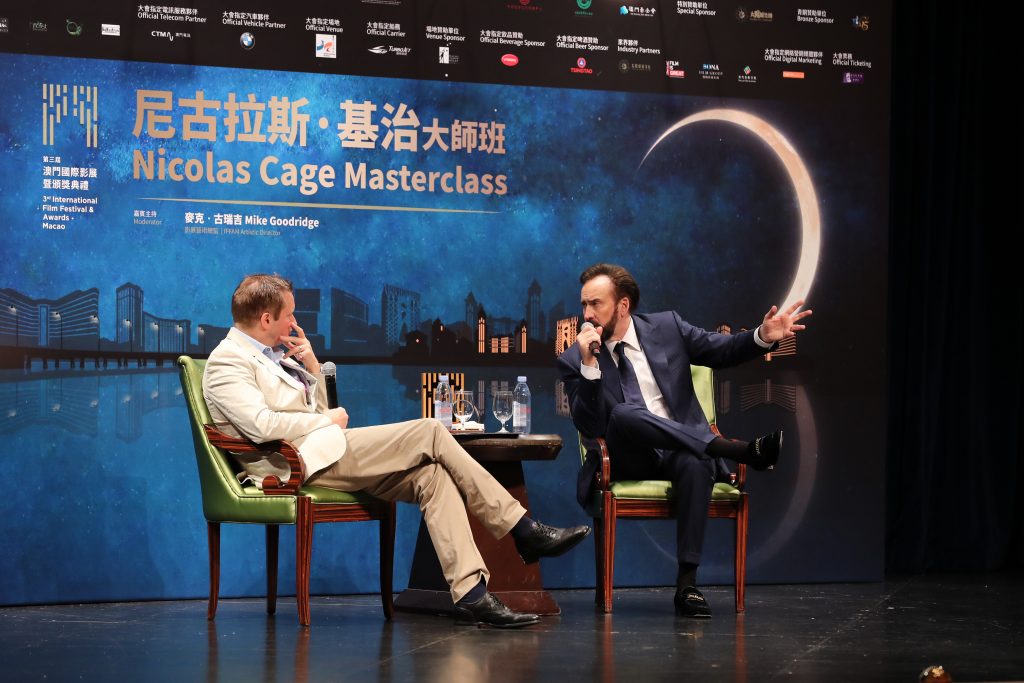
Mandy is playing here at the festival and that feels like another risk for you, in a sense that you work with such creative storytellers, and often those at the start of their career. So I was wondering what inspires you to pick your roles?
Panos had a fantastic freshman effort with Beyond the Black Rainbow. I thought that his movie was unlike any other movie I’d seen, it disturbed me. The imagery in it was compelling and it really got into my psyche and I didn’t sleep for a couple of weeks, and I thought, any filmmaker that can do that to my physiology if you will, was someone I should try and work with. But when I read the script, and I have to give credit to Elijah Wood because he’s the one who put the two of us together, he firmly believed in Panos. Elijah and I were working on a movie called The Trust and he said I should go and meet him, and I read the script and of course I immediately flipped for it, but I wanted to play Red. I didn’t wanna play Jeremiah which was the part that Panos wanted me for, because he thought I was kind of like a Californian Klaus Kinski, and he wanted me to be that in the movie, but I didn’t respond to Jeremiah and he was very upset about it and said that was that, and I think the word he used was “gutted”. But then he had a dream about it a couple of years later that I was starring in his movie as Red, which is wonderfully bizarre and esoteric and kind of strange, but nonetheless he called me and offered me the part.

I had broken my leg on another production in Bulgaria and I almost didn’t make the movie because I was stuck in a wheelchair and Panos didn’t give up, he said that this was an emergency, and he was worried he wasn’t going to be able to work with the composer Johann, who sadly enough passed on shortly thereafter, and I don’t know if Panos had any understanding of whether that would happen or not, but nonetheless he was like, if we don’t do this movie now I might lose my composer. So against my manager’s better wishes I got out of the wheelchair and started doing the stunt rehearsals, which oddly enough helped my body rehabilitate even quicker, going through all those moves, so I got out of the chair and off the cane and started really going through the chainsaw sequences and the battle-axe sequence, and I started getting my muscles back to full strength and it helped me. That was the process, and I believed in it, I read the script and I knew right away that I could play that part, I just wasn’t going to play the other part. Linus was brilliant, if the movie works at all it’s because of Linus’s portrayal of the antagonist, he was absolutely brilliant, so it worked out for the best, you know.
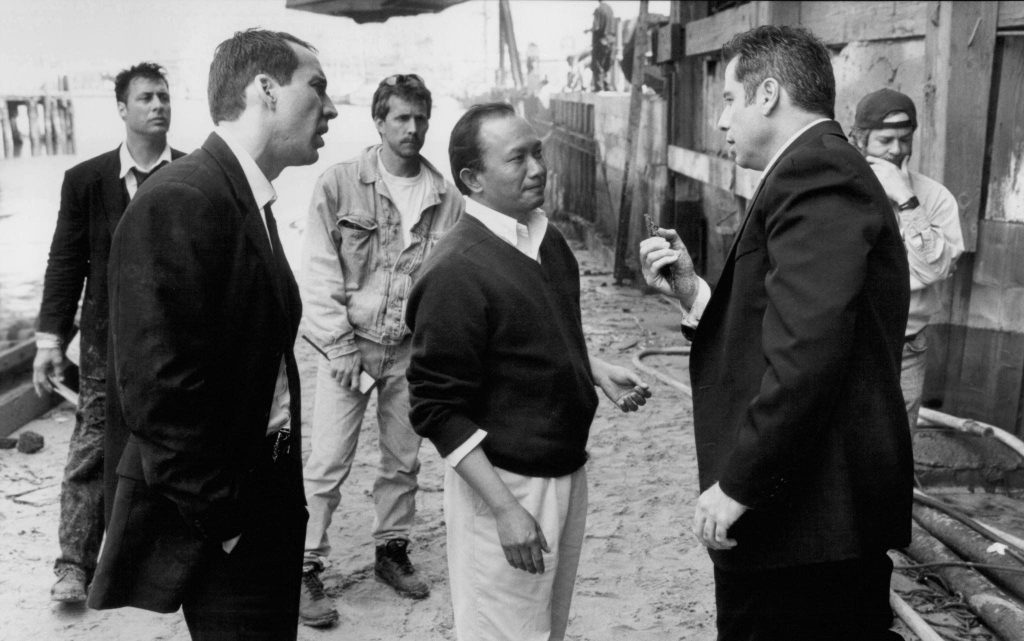
Do you still see room in Hollywood for the expressionistic acting that you do? In a time when studios seem more adverse to risk – how does an actor get to make bolder choices?
I think that it’s very hard for studios with these big budget kind of adventure films, or what we call tentpoles, to take risks on film performance. They understandably want to keep it somewhat safe and contained because so much money is on the line. Now having said that, I fundamentally believe that there’s been a handful of us over the years that have experimented with film performance and like in movies such as Face/Off, it has worked, and tickets were sold. I put myself in that group of people taking risks and challenging one’s self to not get locked into a traditionally safe, naturalistic style of film acting and because it worked I do think that there are people in the studio business who are willing to take chances and cast what I’d like to call iconoclastic actors, who are not afraid to get somewhat operatic. People that come to mind are Chris Pine and Aaron Taylor-Johnson in the Netflix film Outlaw King. I thought that was really powerful and big acting, but compelling and centred. You can go out as far out as you want as long as there’s emotional content to it that is authentic and is truthful. People by and large want to go along for the ride with you. So I think it looks good, I think there’s plenty of space in the bigger movies for actors, particularly in the role of a villain, or in some other smaller capacity, maybe not so much the lead, that can take risks and be experimental with film performance.
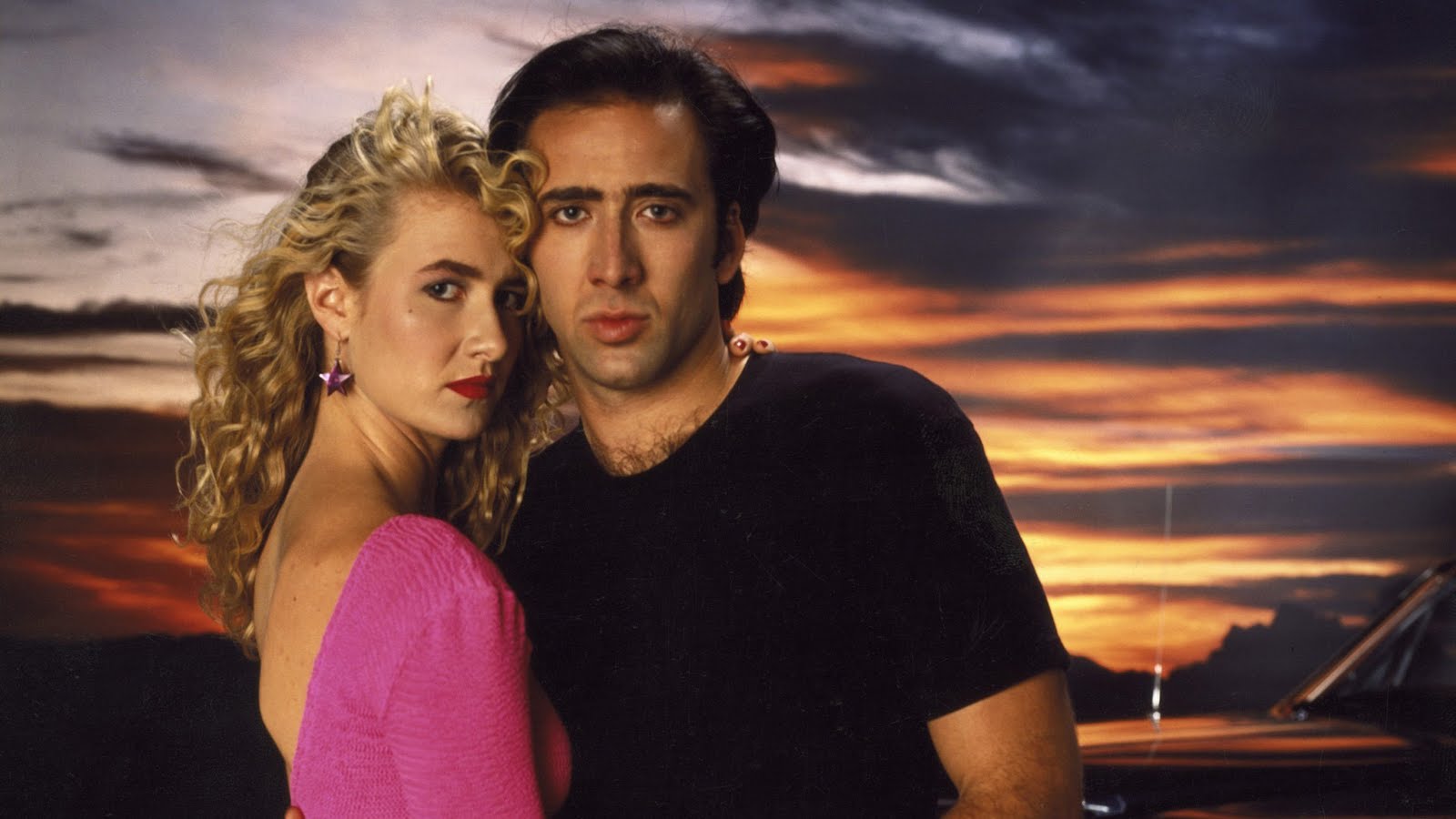
You’ve been doing it for 40 years almost now, and it’s a fascinating career, with many different facets to it, being an Academy Award winner, an action hero and all kinds of stuff. But do you feel you’re in a happy place in your career now?
Yes, I’m very happy. I’ve been blessed to work with people that I like that stimulate me and my creativity and my imagination. I’ve been blessed to work in places that I like being in, all over the world. You know, I made Mandy in Belgium and I thought that was a great experience and I enjoyed working with a Belgian crew. I also feel that, without sounding like I’m tooting my own horn, that I’m now more on top of my game as a film performer than I ever was, by virtue of the fact that I have been practising, and I have been taking risks, and not all of them have worked but I’ve learnt quite a bit. I also think that you never say never, and I think it’s now time to diversify my portfolio, and maybe look at television.
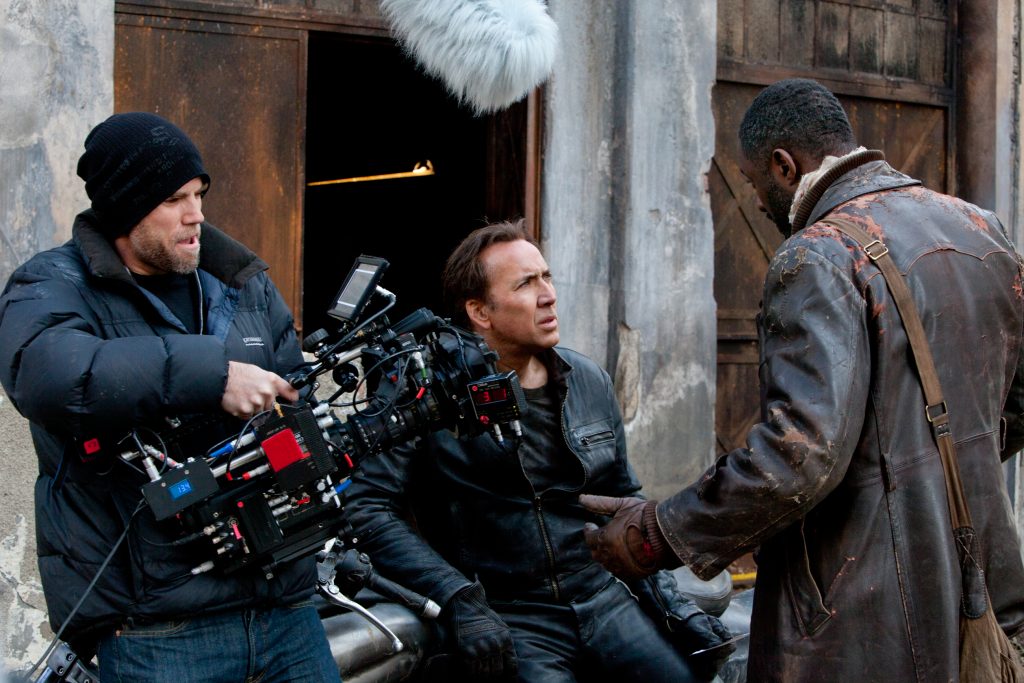
But I also think that I went ahead and embraced video on demand, at a time when other people thought that it could be considered a failure to be relegated to that community, it’s actually turned out to be a great and successful marriage for me, because VOD and the smaller independent movies that gets deployed on VOD enables unusual storylines to be made. Whereas big studios may not want to take the risks to make those kind of unusual and weird stories, or weird performances or what have you, in films like Mandy, video on demand enabled these movies to be made. The other thing I realised that is that most people today watch their movies at home, because if you look at the amount it costs to go to a theatre and you take the whole family and what’s a ticket now, 20 bucks? I don’t know. But you take the wife or husband, you take the three kids, then you buy the popcorn and the candy, you’re looking at over a hundred bucks a night, when you could very easily stop going to the cinema, not that I’m recommending that I want people to not go to the theatre, but you could save a hundred bucks a few nights and over a couple of months you could buy a beautiful home entertainment system, and you can watch your movies in the comfort and privacy of your own home and cook what you want and watch them, and that is the way most movies are seen today, and thankfully for me, I didn’t see VOD as a failure but as the future, and more and more people are doing this now. We mentioned Chris Pine and Aaron Taylor-Johnson in Outlaw King, that was a Netflix experience and boy they didn’t hold their punches, and they put a lot of money on that television screen and it looked great. So I think that I kind of lucked out. So yes, to answer your question in a very long-winded way, I’m happy.

You’ve played such a range of roles, but is that any type of part left you’d still love to play?
Yes, yes. My first love, even before I loved my parents, and I mean this sincerely, was the ocean. As a small child, one or two, I was in love with the sea, I couldn’t believe it, it was so beautiful and the way it smelled and the colour of the water and the animals that live in the ocean they all were so extraordinary and abstract looking, I just loved the ocean. Then when I started reading I fell in love with Jules Verne’s Twenty Thousand Leagues Under the Sea and I knew immediately that I could play Captain Nemo. With my love of the ocean, I would smoke seaweed cigarettes, I would play the organ and show off my collection of fish and go diving with my crew, oh my God, I wouldn’t have to act at all, I would play it perfectly.

We’re here in Macau of course, so what do you think of the Chinese film industry’s impact on Hollywood cinema?
Huge. Absolutely enormous. Again, for me, I’ve had a great relationship with the Chinese film industry and I have indeed made movies with their finances. I did one called Outcast. I’ve been blessed to come here to China, and all over Asia, and have a relationship that my fellow actors what to foster and want to enjoy as well, because most of the financing now is coming out of China and people know that. In the States they know that it’s important to come here, particularly important for me because I know who to say thank you to, because I know who has kept me in business, it’s been the Chinese film industry, and that’s not something that the United States film industry ignores. But I would say I’m probably more popular in China than I am in the US, that’s just been the way it is, which I’m thankful for.
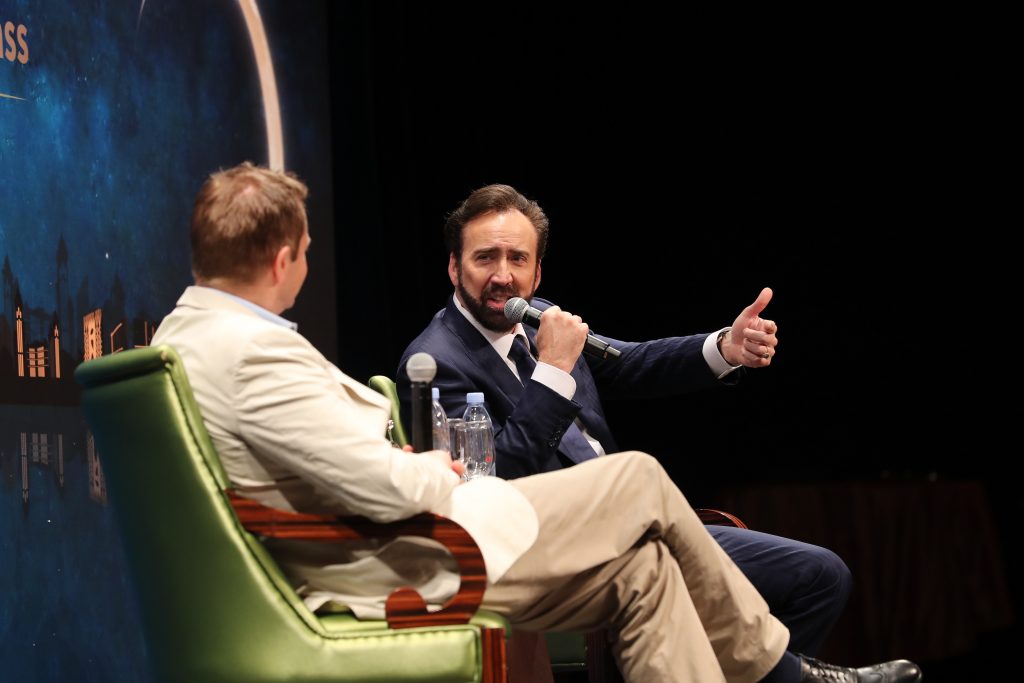
Ghost Rider came out a year before the MCU officially launched its juggernaut, do you ever wish you had been a part of their cannon?
Well I played the one that resonated with me personally, I grew up reading Ghost Rider, I liked the monsters, I couldn’t understand how they could look so scary but could also be good. But Ghost Rider was always going to be a very hard sell, I mean it’s not a character that you can be like, ‘oh by the way son, this superhero sold his soul to the devil, but he’s also good, he’s in a league with Satan’, it’s not a popular concept with the conservative American audiences. But that being said, it was kind of like, for me, a fairytale version of Faust. It would be like if Walt Disney had made a Faust animated feature, I mean they’d never do that, but to me it was an important story, it was philosophical, it was complex, it was almost like a tattoo come to life, this flaming skull, it was a very unusual superhero to play, and because of that I felt like it was the right match for me. But yes you’re absolutely right, they hadn’t quite gotten their game together at that point, and it would’ve been nice to see a Ghost Rider in the Avengers, I know in some of the early comics he was one of them at one point, he would do guest appearances, but I think my comic book days are over, I’m not really interested in playing any other superheroes, I’m fine with the cards I was dealt.
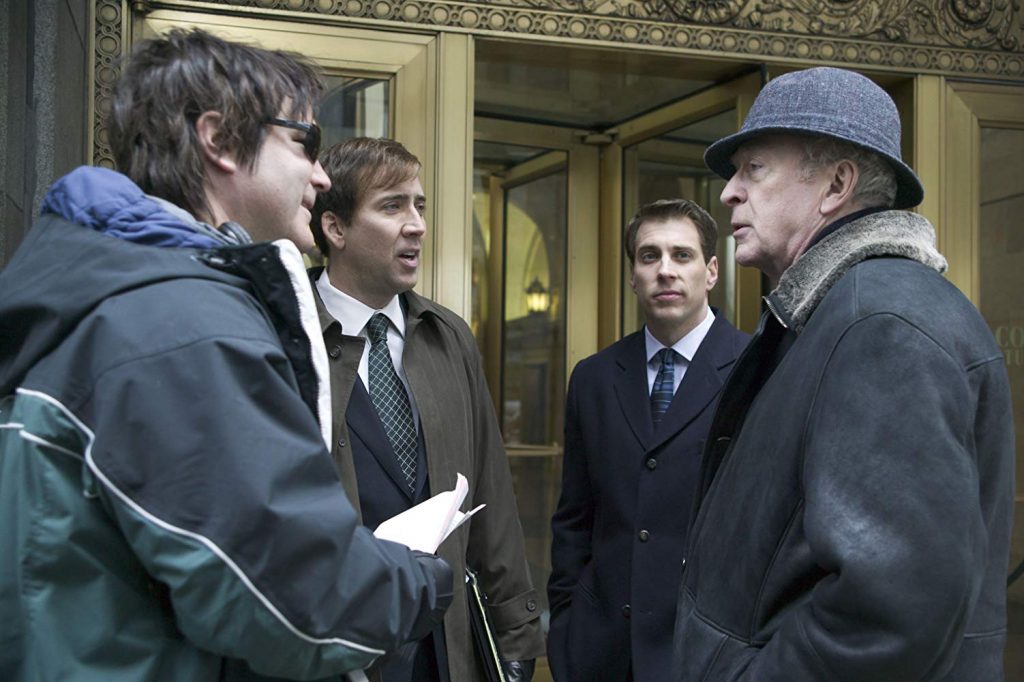
What do you want to be your legacy? What would you like to be remembered for, not just as an artist but as a human being?
Well, I’m not a gambler but I have taken risks. I have taken risks in my work because of visions that I’ve had and potential that I saw within film performance, and I’ve taken risks in my life because of visions that I had of having a happy marriage and being blessed with children. They haven’t always worked out, but because I wanted to materialise my dreams, in cinema and in life, I feel that these risks have been inspirational, not only to me, but particularly in film to my audience. But I never played it safe. Not because I was a gambler but because I had a vision of what I could do with film performance, and I never played it safe in my life because I had a vision and a feeling of what love meant to me and what I wanted to share with a young lady or with my children, and I’ve been blessed in both I think, I have. I still care about everyone I’ve ever met. It’s been good for me.

You tend to play quite wild, intense characters – why do you have a taste for the extreme? Where does that come from?
Well a lot of it comes from a very mischievous sense of humour. I mean, I’m the guy that when you go to dinner and people have those awkward silences and they just don’t know what to talk about, I love that, I think it’s hilarious when people are just sort of uncomfortable, and clearing their throat and fidgeting, I just think it’s hilarious. I try to take those awkward moments, whether they’re during an uncomfortable dinner conversation, or if they’re in some sort of wild outburst in public, and put them into film performance because I think they’re impossibly funny. And I think we all have these fantasies and dreams of doing that which is taboo, or not acceptable, because we have to life in these understandably polite and happy boxes in order to be a good and positive community. But movies are where you can let off a little steam and live vicariously through your film stars and watch them be complete train wrecks and do everything that is wrong to do, and make all the mistakes, because it’s a vicarious release where we can just blow off some steam. I think that’s why I’m attracted to wild characters.

Finally, from winning an Oscar for Leaving Las Vegas, to now leaving Los Angeles to be an ambassador in Macau… What’s that all been like for you?
Well, first of all the Oscar was… I think Gary Oldman recently said that the sound of applause is never to be ignored, and I appreciated it, I was very thankful that my fellow actors and fellow creative people and the filmmaking community thought to do that and present that to me, so I thank them for that. But I remember Sean Connery told me to forget about it, and it’s not something I think about every day, or something that I really recall, because I want to move forward, and I want to have new experiences. What I have developed more than anything through my path in cinema is that recall if you will, to what I like to refer to as the ‘Super 8 feeling’. When I grew up, quite small, seven or so, my brother and I were given a gift of an 8mm Super 8 movie camera and we would make movies in the backyard with that camera, and we had a little editing bay and we would cut them and splice them and glue them together, very much a handmade process and we would watch them with our projector and share them with our father and they were movies like ‘The Unknown Circus‘ there was always some kind of dramatic thing happening at the epicentre of the film.

Anyway the Super 8 feeling is when you’re making a movie simply because you love the story. It’s not because you want to win an award, or because you want to make tons of money, all of those are perfectly good reasons to get into cinema, whatever gets you there to the table, fine. But I think that when it really works is when you have the joy inside of constructing something, building something simply because you love it, because you love the making of the movie. That’s a feeling that I’ve had very few times but when I’ve had it, my filmmakers like Joel and Ethan Coen agreed with it. We were doing Raising Arizona and I said, ‘I’m getting that Super 8 feeling’ and Joel was like, ‘that’s good, keep that going’. When I did Mandy with Panos I would say the same, and he would say that was terrific, that’s what he wanted and what we wanted to have together.
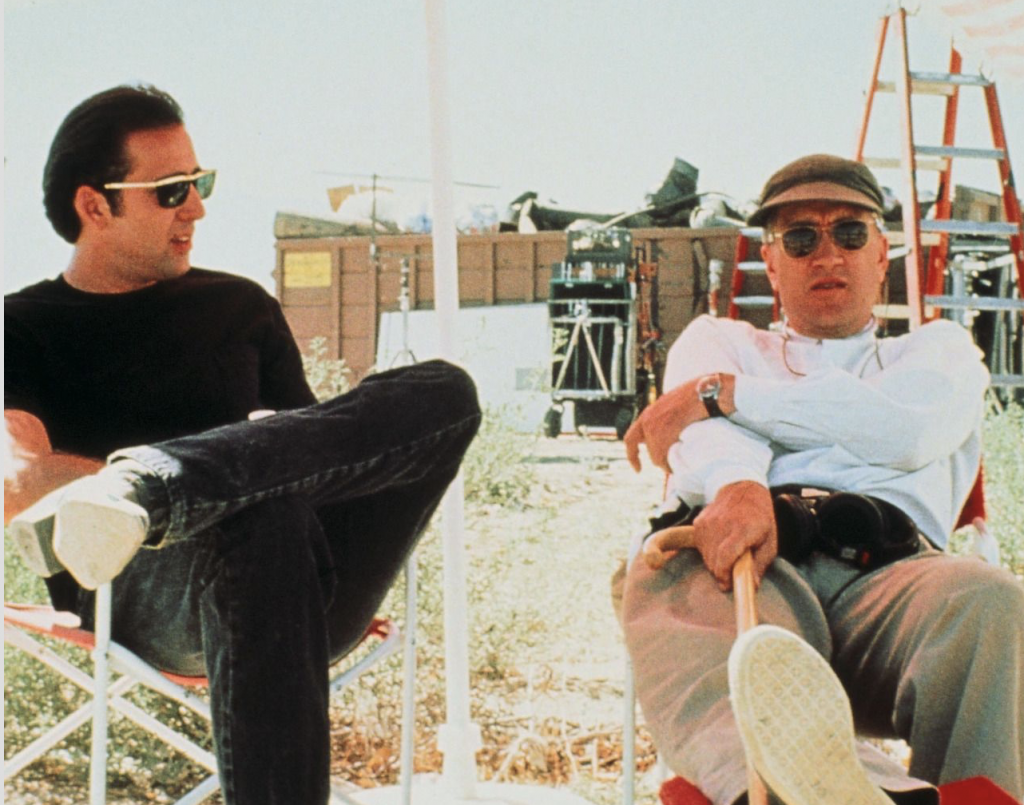
So how does that apply to where I am now? Well, I feel like something like the Super 8 feeling is contagious and it’s something that translates, the excitement of making the movie, the fun of the movie itself, it translates internationally. You could turn the sound off and look at the performances in the movie and still enjoy it, whether you understand the language or not. 90% of communication is non-verbal anyway, and so I feel that because of that Super 8 feeling, I’ve been invited to Macau and this film festival, because it translates across cultures and across continents, it’s something that communicates. So I think the reason why I’ve been invited and why people respond to the work is because I really want to give something genuine and something that you will respond to and appreciate. And I care. So that’s how I got here today, as an ambassador. I attribute it all to the Super 8 feeling.



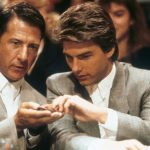
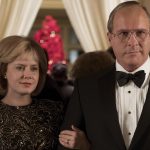



Leave a Comment